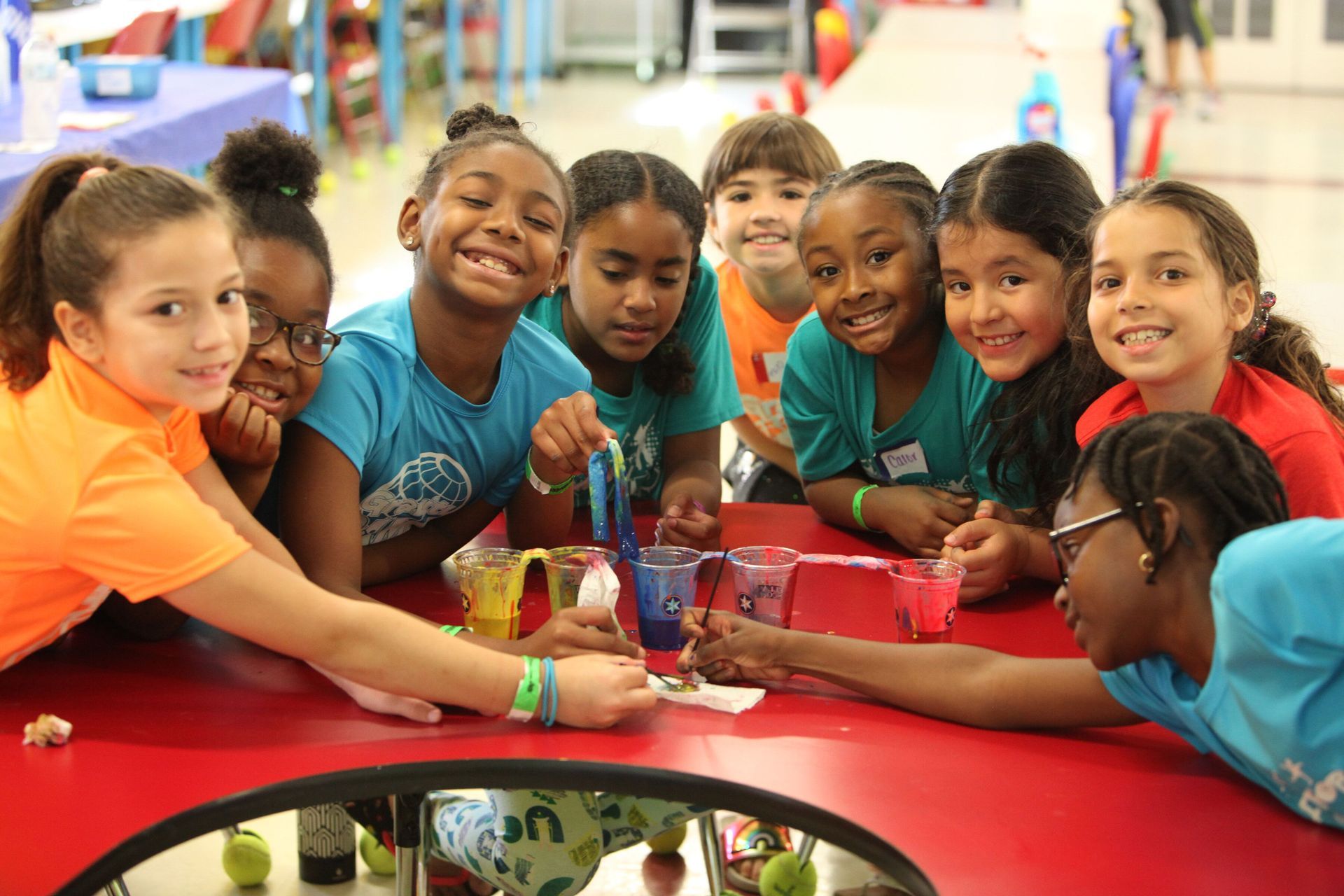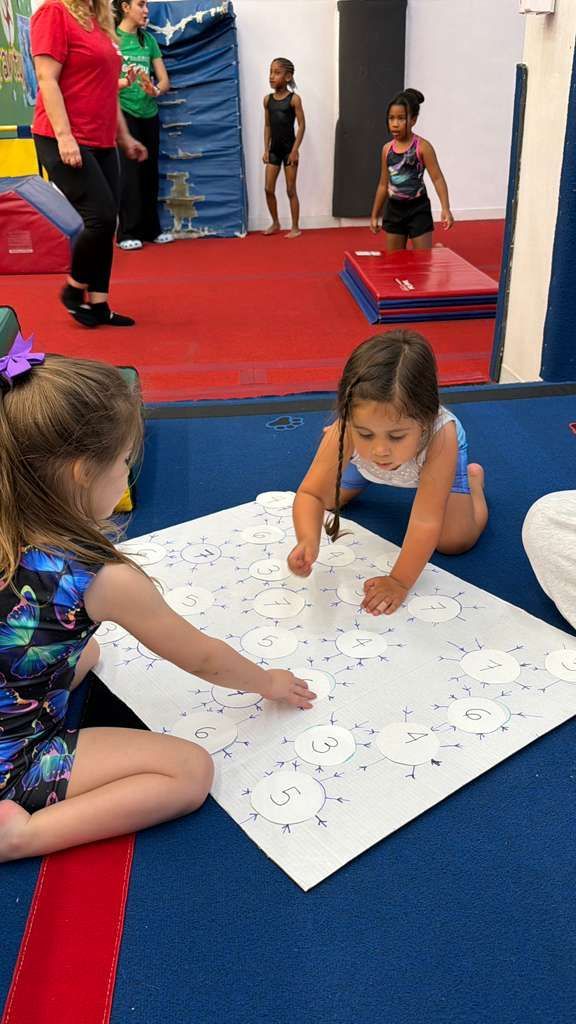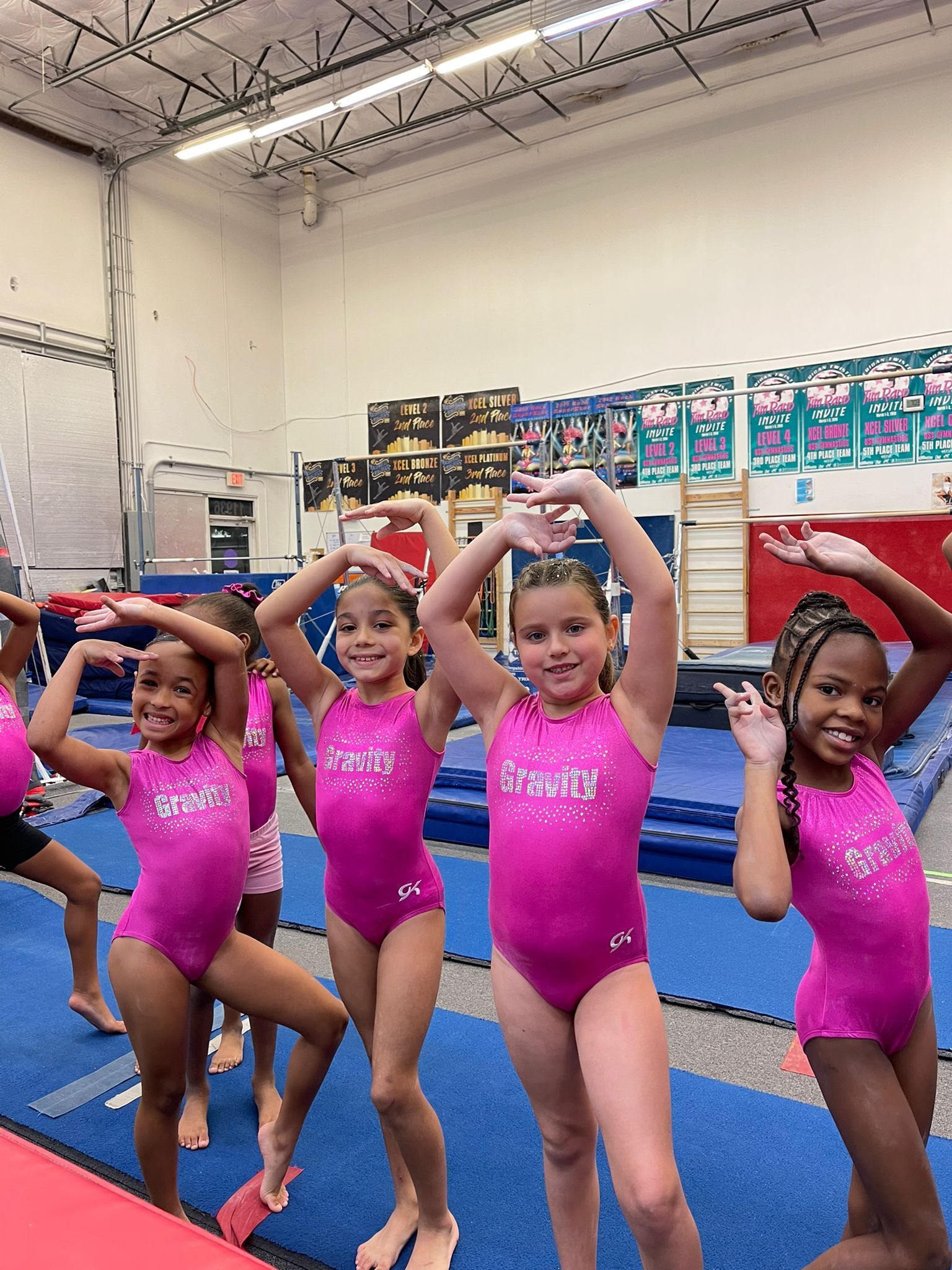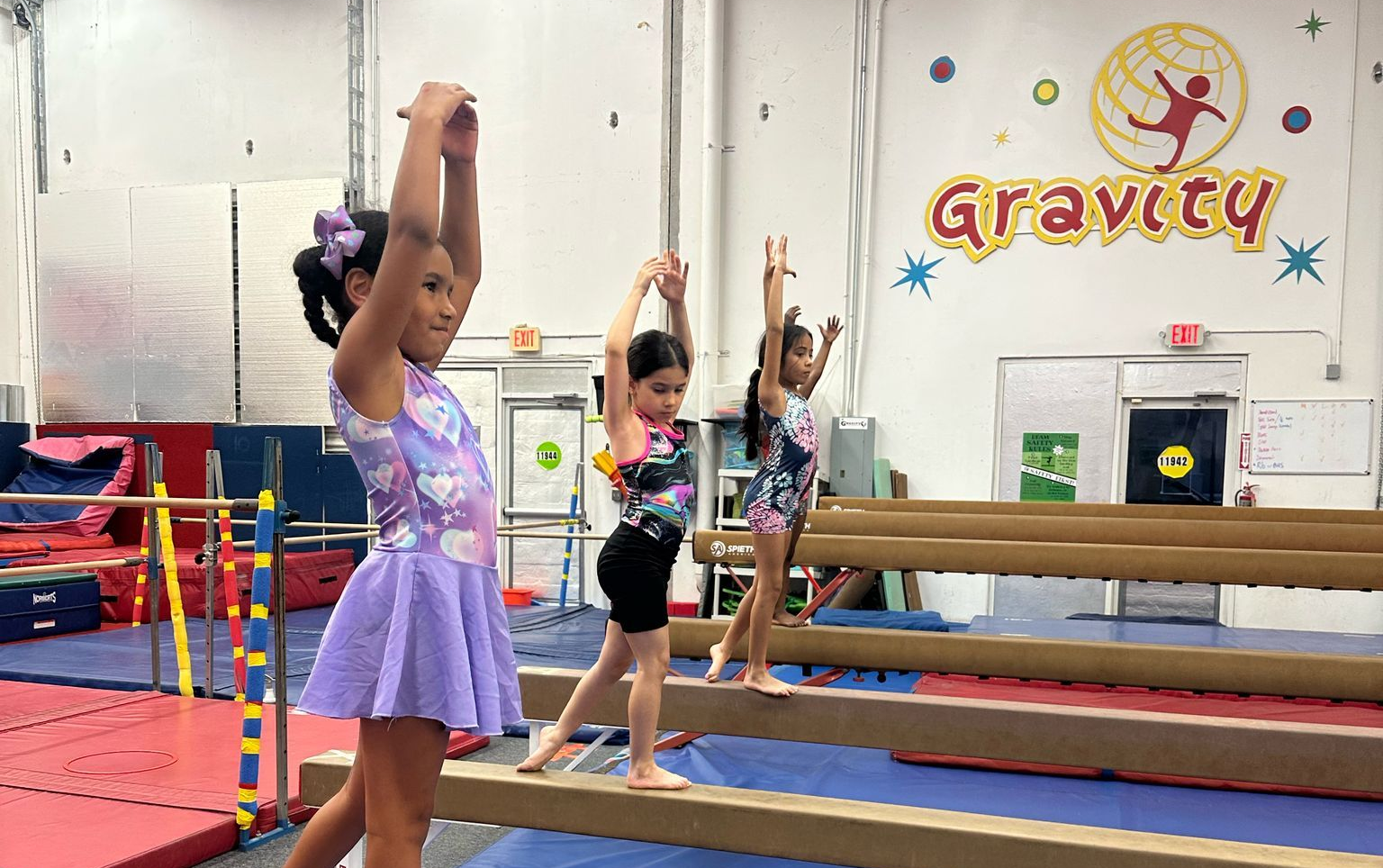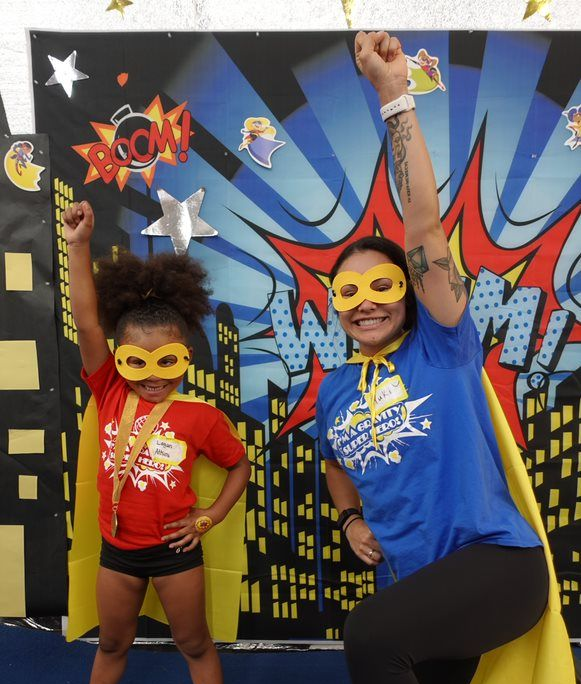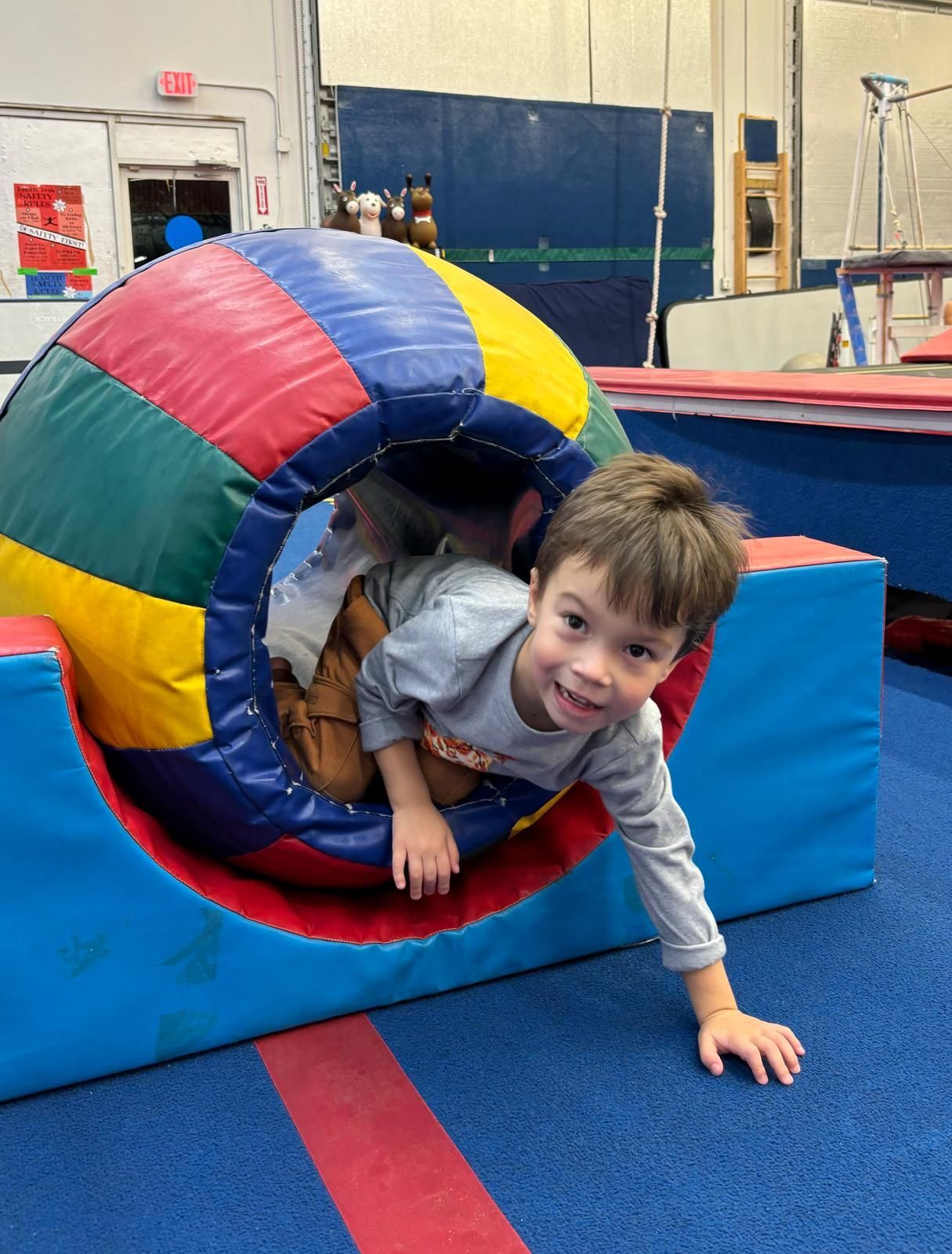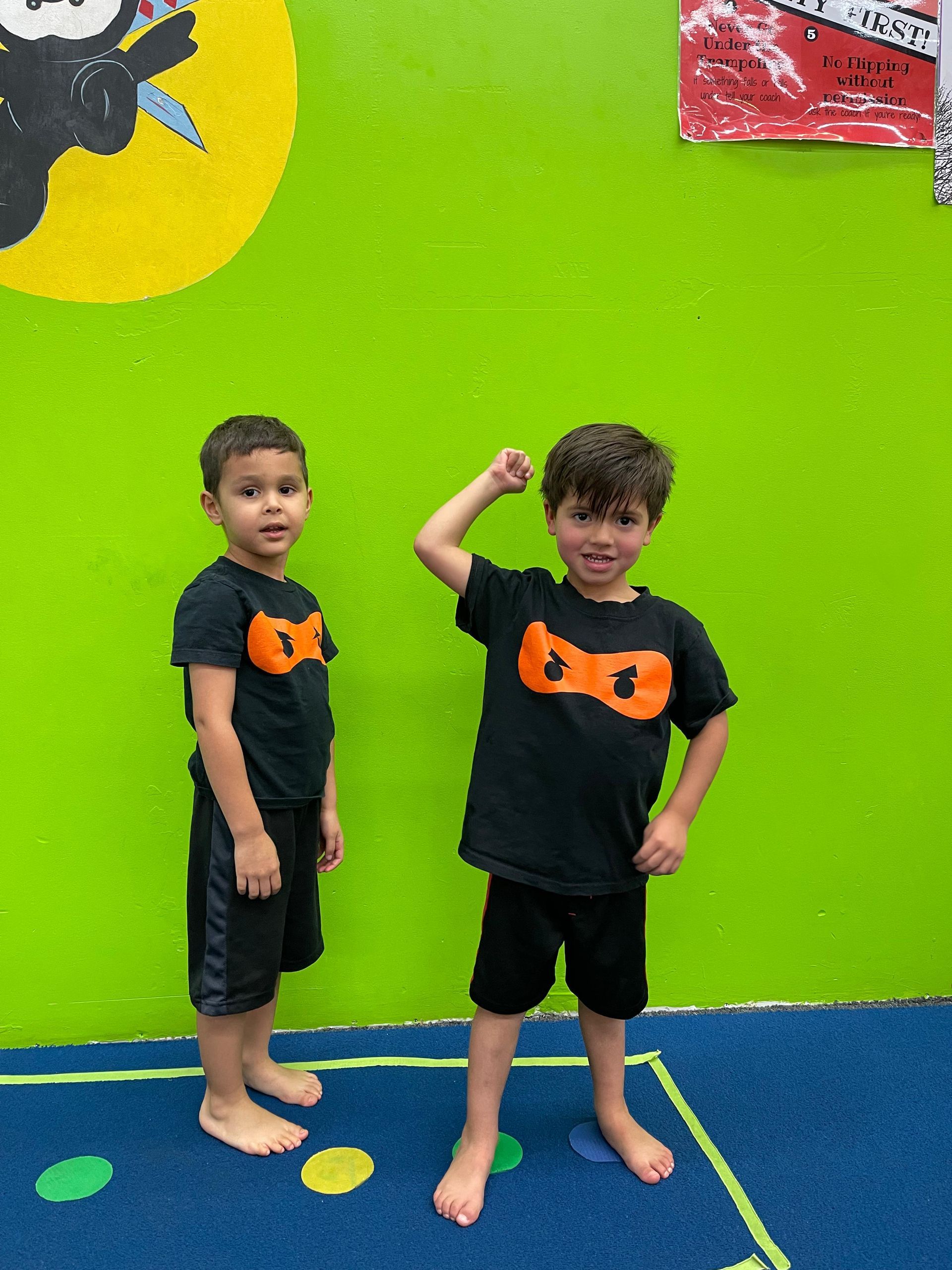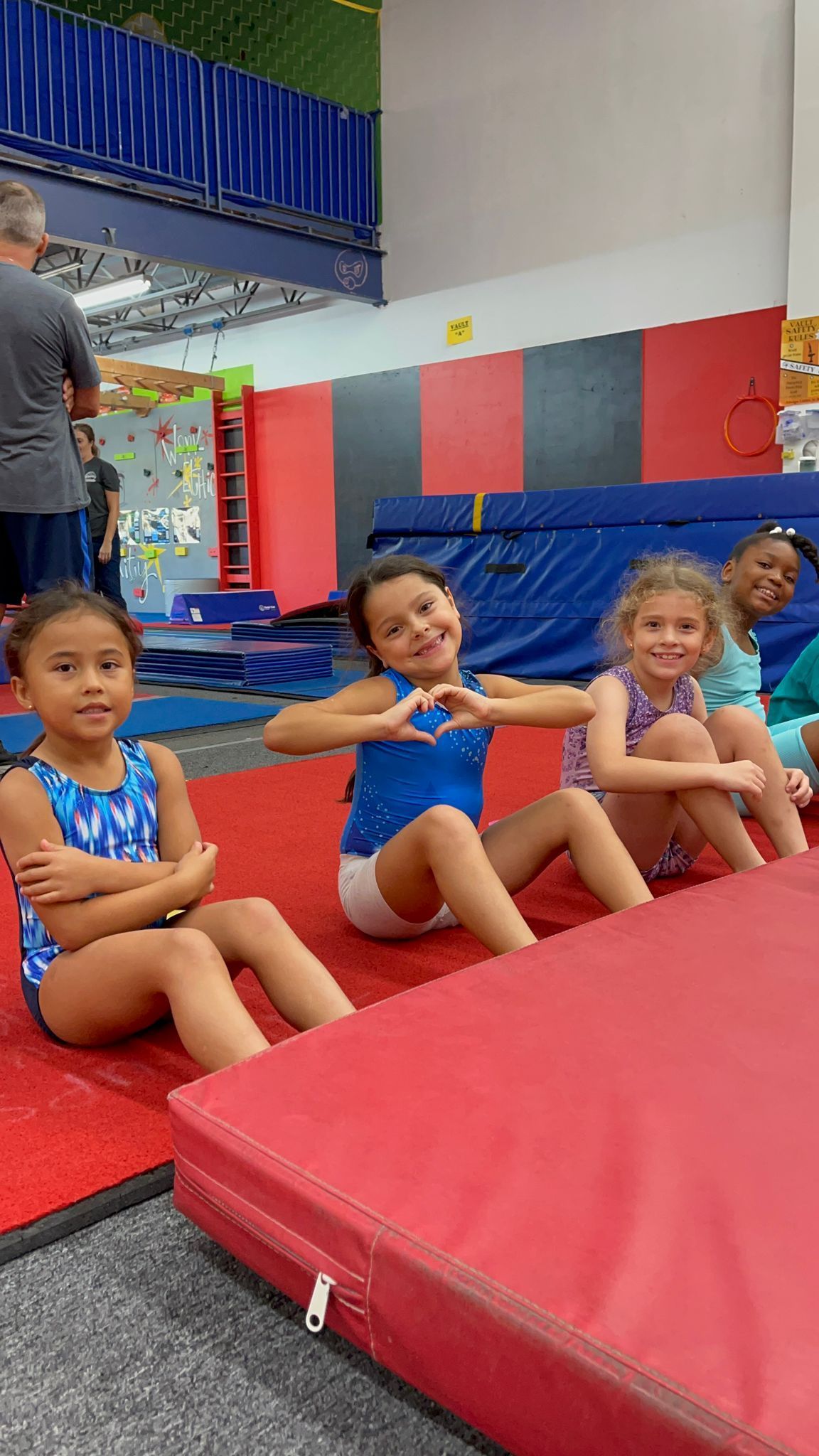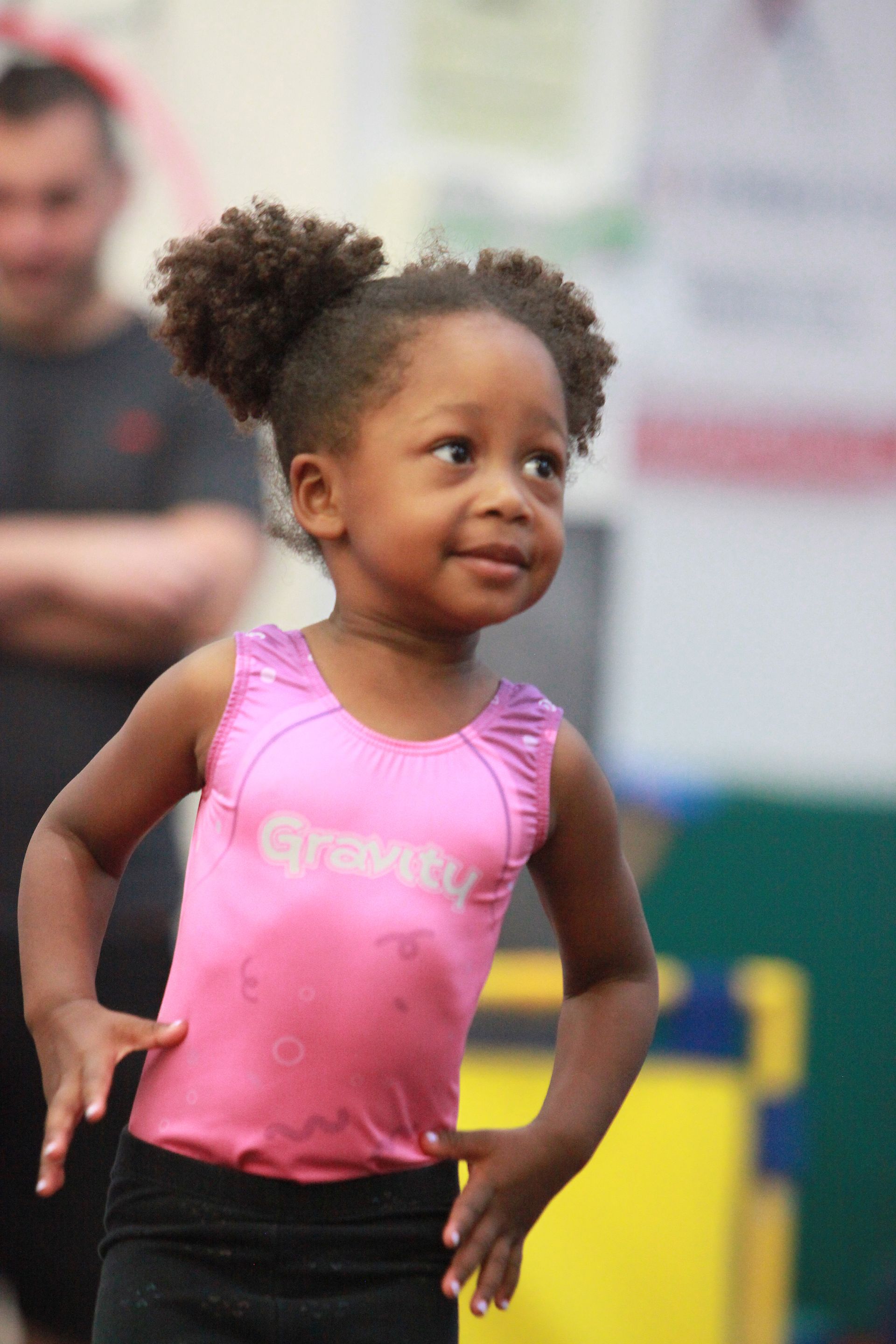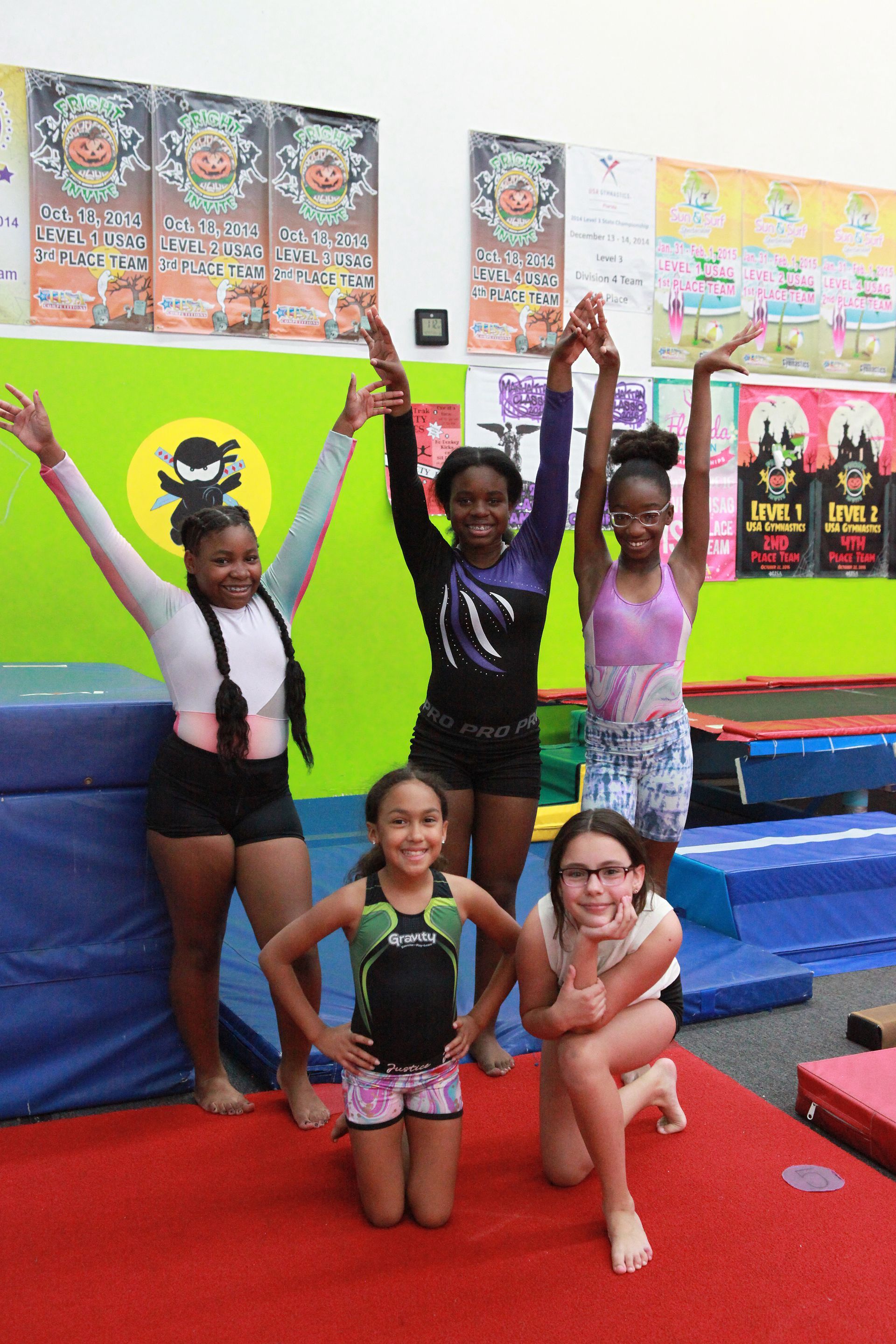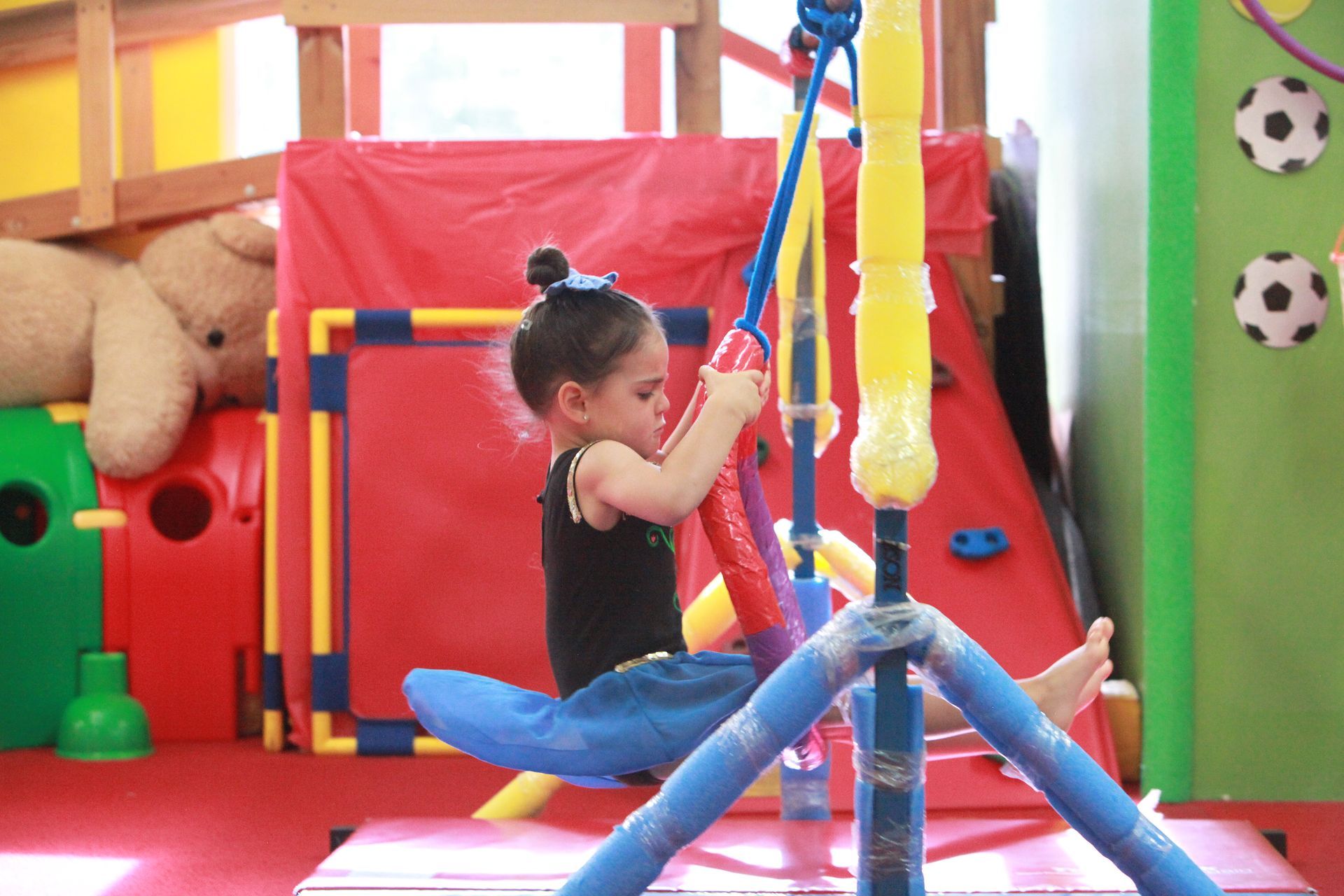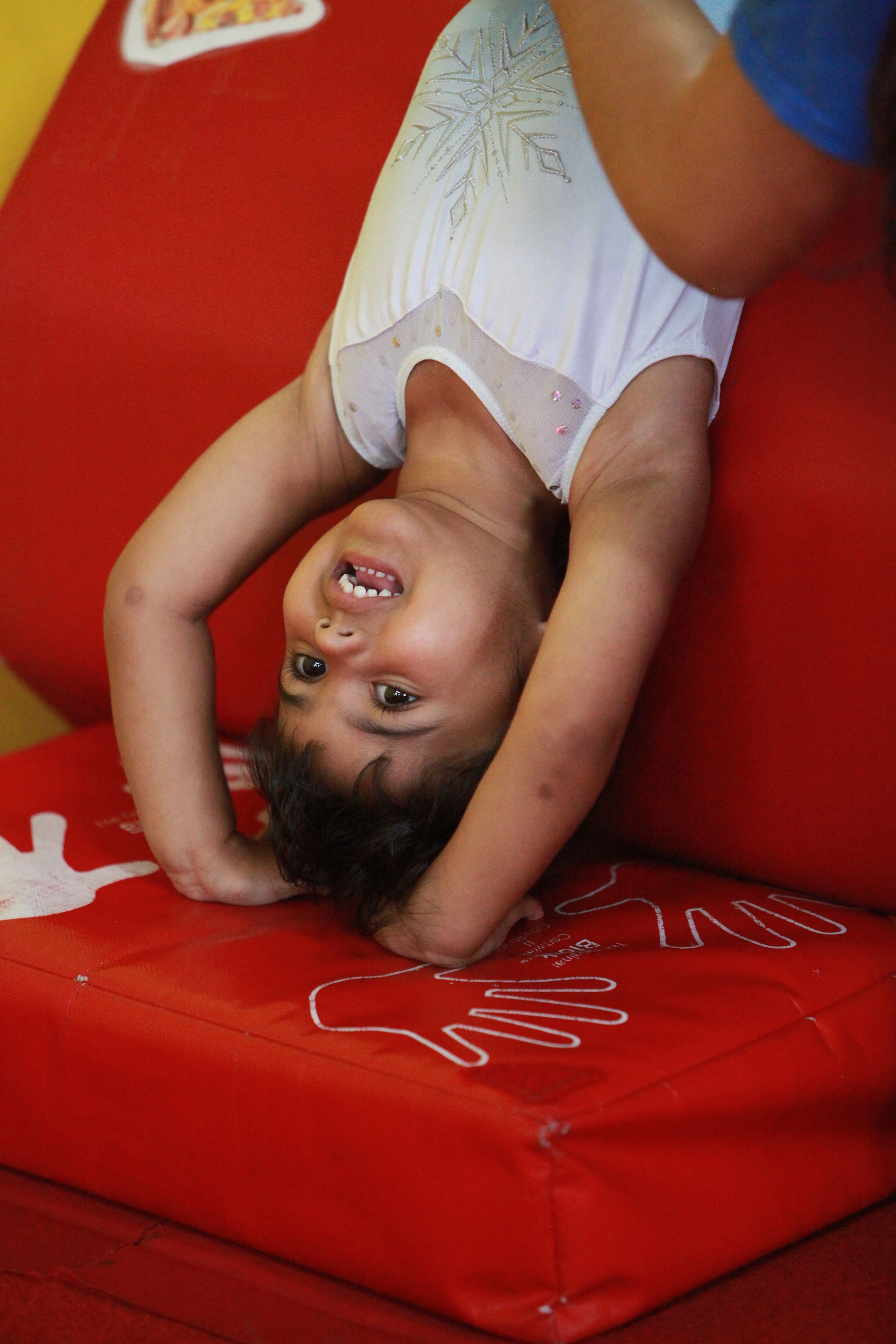Little Ears, Big Leaps: Building Listening Skills at Home
Charity Rodriguez • May 30, 2025
Listen Up Parents!
At Gravity Gymnastics, we believe that strong listening skills are just as important as strong muscles—especially for our littlest learners. From the gym floor to daily routines at home, a child’s ability to listen and follow directions plays a huge role in their success, safety, and confidence.
This week, we’re focusing on building listening skills at home for toddlers ages 1–3. If you’ve ever found yourself repeating the same request multiple times, you’re not alone! Listening doesn’t come naturally—it’s a skill that grows with time, practice, and support. With a few simple strategies, you can help your child become more attentive, responsive, and engaged in everyday moments.
Let’s explore easy, practical ways to nurture great listening habits from the very beginning!
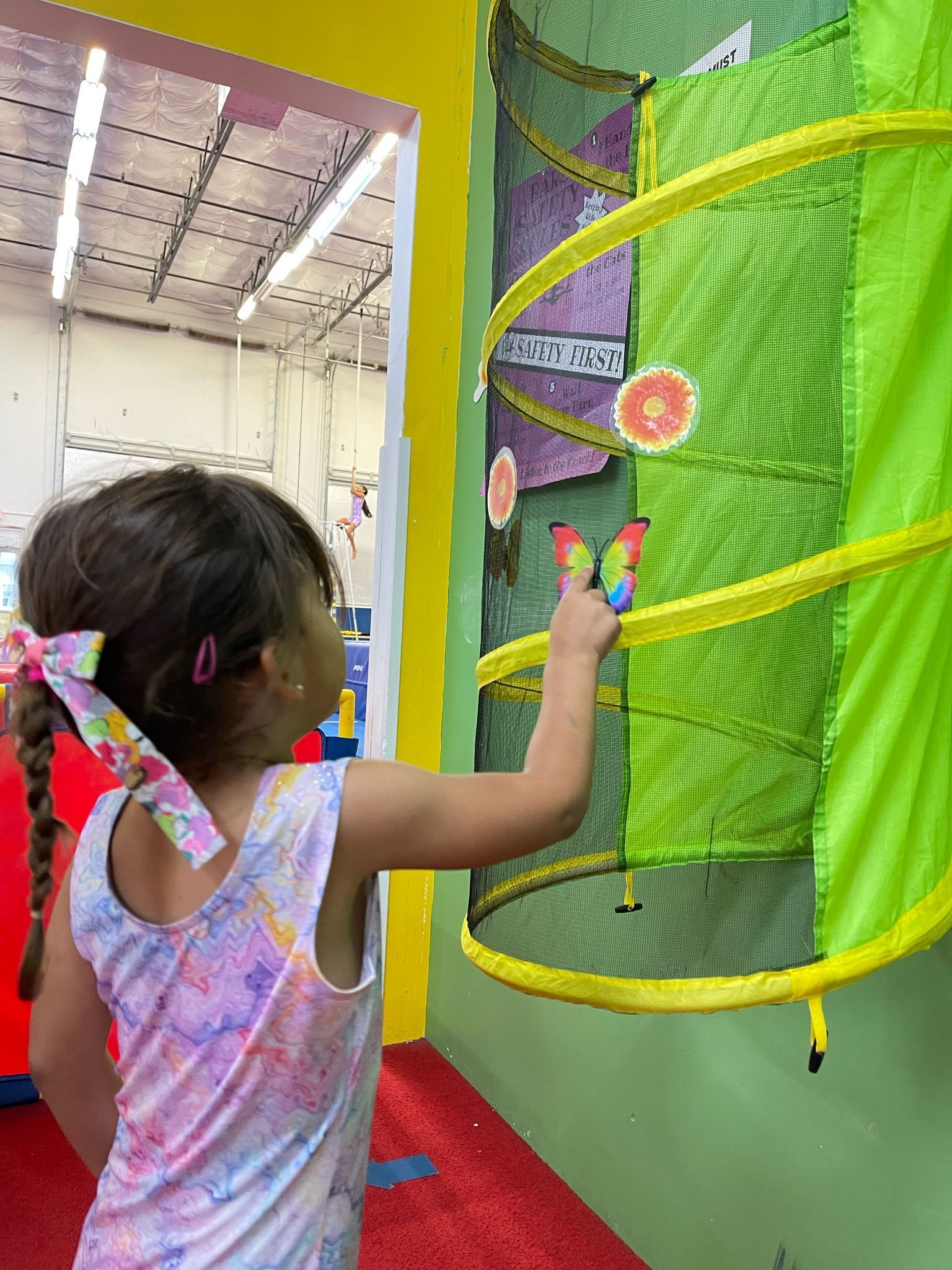
Listening Tips for Little Gymnasts
Keep It Super Simple
Stick to short, clear directions like “Come here” or “Shoes on.” Toddlers understand best when instructions are delivered in small bites.
Use Your Face & Hands
Make eye contact by getting down on their level. Express emotions clearly and use simple hand motions to reinforce your words—it helps them connect visual cues with what you’re saying.
Limit Distractions
Turn off background noise when you need their attention. Unlike adults, toddlers struggle to filter out sounds and may miss your directions altogether.
Praise the Little Wins
Celebrate every success, even the tiny ones. A cheerful “Great listening!” or a high five shows them that listening pays off—and encourages them to do it again.
Why It Matters
Developing strong listening skills in young children is crucial for their overall growth and success, both in the short term and as they mature. Listening is a foundational skill that directly impacts a child's ability to learn, communicate effectively, and build meaningful relationships. When children learn to listen attentively, they are better able to absorb information, follow directions, and engage in thoughtful conversations—skills that are essential for academic success and social development. Furthermore, good listening fosters empathy, as it teaches children to understand and consider the feelings, thoughts, and perspectives of others. This emotional awareness contributes to stronger peer relationships and helps reduce conflicts. In a world filled with constant noise and distractions, cultivating the ability to focus on what others are saying also enhances attention span and critical thinking. For young children, listening is not just a passive act; it is an active process that supports language development, vocabulary expansion, and the acquisition of new knowledge. By prioritizing the development of listening skills early on, parents and educators are laying the groundwork for confident, capable communicators who are prepared to navigate complex social and academic environments throughout their lives.
